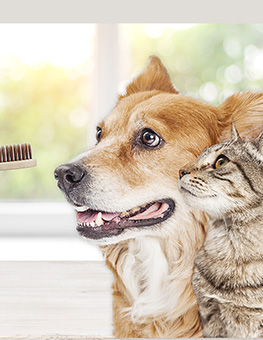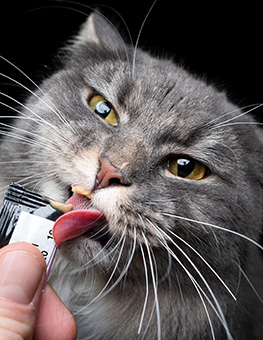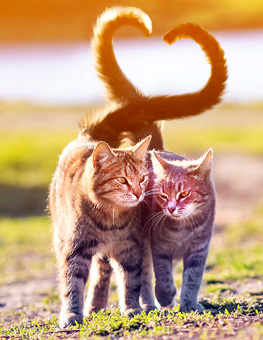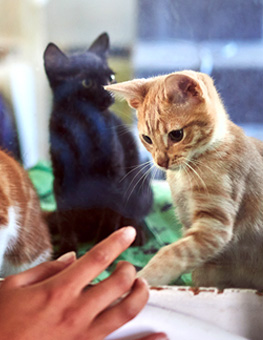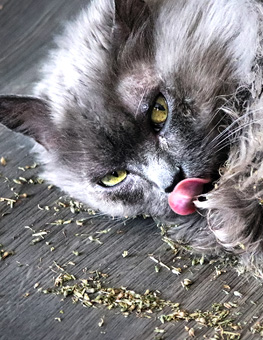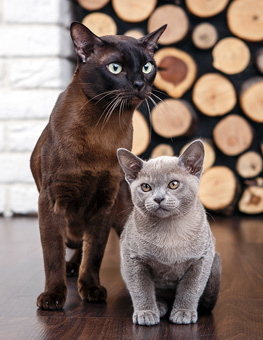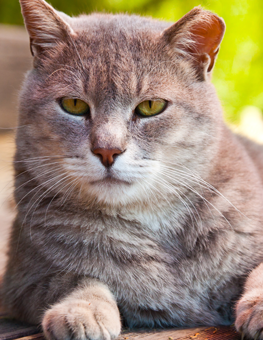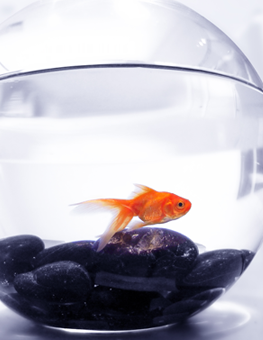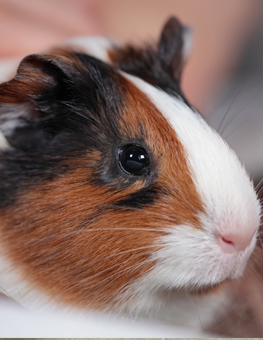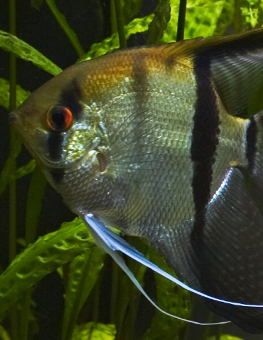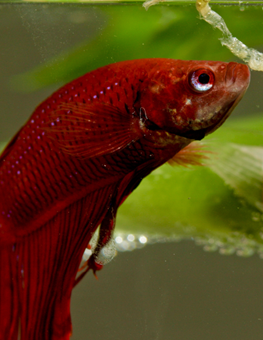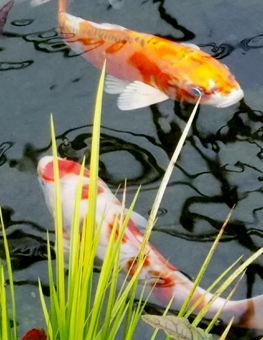Your Kitten’s Emotional Needs
Without a mother to teach her how to be a cat, the job falls on you. Learn what you must do to make her a happy, well-adjusted kitty.
Your kitten knows you’re the Food Person. She also gets that you’re the Potty Person, the Laundry Person and the Spa Attendant. There’s so much work involved in raising a bottle baby, you might forget about the other hats you have to wear as your kitten’s substitute mom. Get out your mortarboard, because you’re also the headmaster, who teaches the life lessons that Mom can no longer provide.
Baby kittens, like kids, rely on the interactions of others around them to mold their personality, shape their behavior and provide boundaries. Since kitten brains are hardwired to learn these lessons before they’re fully weaned, it’s normally up to Mom and her siblings to educate her.
While isolating a kitten seems like a good idea from the health perspective, it’s the worst thing you can do to a kitten emotionally. There is a very critical period in a kitten’s development between two and seven weeks of age when she learns important socialization behavior from her mother. During this sensitive time, she learns what to fear and what is safe. If she’s not exposed to lots of different people, animals or experiences, she’ll probably retain a life-long fear of that missing element.
A kitten raised on her own, without her mother and peers, only learns lessons her foster mother teaches her. That person becomes the center of their universe. The kitten looses all independence, and can turn into a dominating and controlling cat. Those kittens often experience a condition called over-attachment.
Kittens learn social and predatory behaviors from their siblings. It doesn’t take long to learn, “If I bite too hard, he squeals.” Without proper socialization, solo orphans grow into aggressive cats; some of them even turn into chronic adult biters. (We’re not talking about the nippy love bites, but hard, almost-draw-blood chomps downs.) Without other kittens around, the orphan acts out normal hunting behaviors on humans.
If she’s allowed to bite the fingers that feed her, she learns this is acceptable behavior. Nipping may be cute when she’s four weeks old, but not when she’s four years and 14 pounds. It’s a tough habit to break later in life, and the behavior could continue after the kitten goes to her new home. These unfortunate kitties often end up in animal shelters.
You must let her know that fingers and toes are always off limits. Any biting earns a sharp, “No!” and ends the game. You stand up and walk away. Be consistent. For the kitty’s sake, get everyone on board.
Never physically punish or hit your kitten. She won’t make the connection between her action and the slap to the nose. She will only learn that you’re a crazy person that comes unglued unexpectedly and are not to be trusted. Distracting her with a toy or item is another way to stop inappropriate behavior.
If you have a friendly, tolerant cat (who is healthy and current on vaccinations), let him teach the kitten manners. They do, after all, speak the same language. By exposing your orphan to other cats, she will learn catness. And unlike you, your mature cat will penalize her for unnecessary roughness.
When you introduce her to a variety of gentle humans with treats and interactive toys, you broaden her universe. Kittens who have lived with gentle dogs shouldn’t have any problem adapting to a new home with friendly pooches.
If other animals can’t be worked into the curriculum, provide her with lots of interactive toys, exercise, socialization and a stuffed animal to wrestle with. Two or three active play sessions a day, chasing prey toys on a string, helps dissipate her kitten energy and satisfy her predatory aggression. (Always store string toys where she can’t reach them, as ingesting string can cause life-threatening injuries.)
Teaching her proper play is the greatest lesson you can teach her. Constructively channeling that endless supply of energy helps ensure that she and her family will share a happy and active life together.



